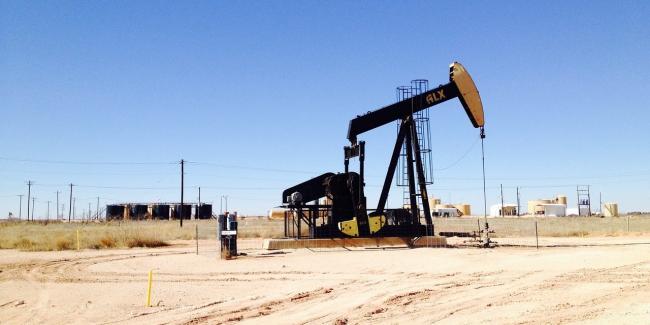Articles Menu

Sept. 26, 2023
Enbridge and other fossil fuel interests say that natural gas is a “cleaner” form of fossil fuel energy compared to other sources like coal, oil, or wood.
These claims are just one more green-washing deception so the fossil fuel industry can continue business as usual despite its adverse impacts on the current climate crisis.
In fact, natural gas is 70-90 per cent methane, which is 84 times more potent a greenhouse gas than carbon dioxide, and is responsible for 30 per cent of global warming. Methane is released during normal oil and gas production, especially during fracking operations. Methane emissions are generally underestimated by fossil fuel operations. Unknown quantities of methane are also released from northern melting permafrost caused by our warming climate, providing a positive feedback to global warming. Atospheric concentrations of methane are increasing about four times faster than carbon dioxide, most alarmingly since 2006.
Fracking involves the injection of huge amounts of water, sand, and often toxic chemicals under high pressure beneath oil/gas wells, shattering rocks, forcing natural gas or oil to the surface, and can cause low intensity earthquakes. The flowback to the surface is highly toxic, and is sometimes allowed to flow into nearby rivers. Thus, natural gas contributes a large amount of methane to the atmosphere both before and while it is burned, so it cannot be considered a “cleaner” form of fuel energy.
Natural gas operations emit air pollutants, including various nitrogen oxides that give rise to smog, while approximately one-third of all gas wells contain concentrated amounts of hydrogen sulfide which is known to be deadly to both humans and animals. Chemicals used in the fracking process are known to cause cancer, negatively affect reproduction and the development of children, and can cause hormone disruption.
Local water supplies can also become contaminated during the construction of wells or from a failure in well equipment, particularly when wells have been abandoned. Studies of populations living near operations for fracking oil and natural gas have identified numerous negative health outcomes, including adverse impacts on pregnancy and birth outcomes, asthma exacerbations, and increased incidence of prostate cancer. In children of mothers who live near oil and gas wells during pregnancy, there is an increased risk of childhood acute lymphoblastic leukemia. One of us authors, physician Richard van der Jagt, treated patients with hematologic malignancies for over 28 years, and can confirm that exposure to chemicals arising from natural gas is known to result in acute leukemia.
Burning natural gas releases more methane and carbon dioxide into the atmosphere, increasing health consequences for the entire population, in addition to those in the immediate vicinity of fracking sites.
Heat waves resulting from our warming climate are increasing in frequency and intensity. This causes dire health consequences for the population, including mortality from heat strokes, increased cardiovascular, respiratory, and brain health consequences, requiring hospitalizations and even resulting in death.
Extreme heat can also adversely impact mental health, with more hospital admissions and suicidal behaviour. The heat waves cause drought conditions, resulting in unprecedented wildfires in Canada, with the effects of smoke adversely impacting breathing conditions for the whole population. Long-term consequences of climate change include not only health consequences, but also crop failures, food insecurity, and significant risks for the economy. Thus, natural gas and methane cause multiple health problems, and, therefore, cannot be considered a ‘safer’ form of fuel energy.
The suggestion that natural gas should be used as a ‘bridge fuel’ while the world attempts to reduce carbon emissions is irresponsible for it is neither cleaner nor safer, and is certainly not climate friendly.
Instead, we should invest in and utilize known clean and safe forms of renewable energy, including solar, wind, hydroelectric, and geothermal sources, all of which are carbon-neutral, and are healthier for people and the planet.
Richard van der Jagt, MD, is an adjunct professor of medicine in Ottawa; Geoff Strong, PhD, is an atmospheric/climate scientist in Cowichan Bay, B.C.; Helen Hsu, MDCM, CCFP, is a physician in addiction and mental health in Ottawa; and Sehjal Bhargava, MD, is co-chair of the Canadian Association of Physicians for the Environment, Ontario Chapter, in Ottawa.
[Top photo: Fracking involves the injection of huge amounts of water, sand, and often toxic chemicals under high pressure beneath oil/gas wells, shattering rocks, forcing natural gas or oil to the surface, and can cause low intensity earthquakes. The flowback to the surface is highly toxic and is sometimes allowed to flow into nearby rivers. Photograph courtesy of jwigley from Pixabay]